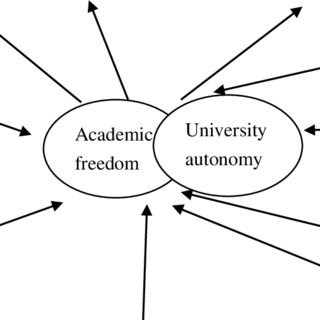Emergence of School leadership
- Post By PoliticIndia.com on
- 26/Jul/2017

Savita Kaushal, PhD (University of Delhi)
Honorary Editor, Education
The 1970s and 1980s were the decades when the concept of management was talked about and advocated for implementation in schools. The advent of the 1990s witnessed the emergence of the concept of leadership as a concept for implementation in schools. The reasons for this change in concept are varied and complex but the probable cause could be the increasing realisation that efficient management alone will not be able to bring about the desired change in our educational institutions.
District and school leadership has been the focus of strong inspection in recent years as researchers try to describe not only the qualities of effective leadership but the impact of leadership on the operation of schools, and even on student achievement. School system in India has witnessed enormous expansion in recent years at an unprecedented pace, making access to primary education nearly universal. Increase in the number of secondary schools has also been large and is speedily moving towards universal provision in several parts of the country. While this quantitative expansion has made a significant impact on the participation level of children, concerns on the quality front has remained. There is increasing realization that quality concerns cannot be cannot be addressed only through macro level strategies. It demands shifting our focus from system level reforms to school level actions. With more than 1.5 million schools to deal with, this is not an easy task and cannot be addressed through any central level action. This situation demand more direct engagement by the local actors to transform every school into a productive learning organization. This, indeed, requires the emergence of a new breed of School Leaders who can catalyse the system, shake off the lethargy and transform the schools to provide quality education to give the country educated, worthy and cable citizens from all nook and corners of India.
School heads can play a key role in promoting community partnership, with a clear focus on improving student’s achievement. They can encourage teachers' dedication by stressing the benefits of parent involvement which enable teachers to learn more about the students in their class and students are more able and willing to learn.
Research evidence supports the fact that good schools have good leaders. At the same time if we fear that a school will deteriorate because its head has left, then it means that an incomplete job has been done. Surely the best leaders are enablers. They will not only develop the skills and competences of those they lead, but they will have given them the confidence that allows them to make their own decisions without fear. Real delegation is central to this process, as is ensuring that time is available for reflective thought. It is important that the leaders should be able to withdraw gradually, confident that others will not only manage, but might also innovate in the head’s absence. This dimension is very much important and is to be given due emphasis so as to ensure that even if the leader goes away the reforms and good practices started by him continue.





